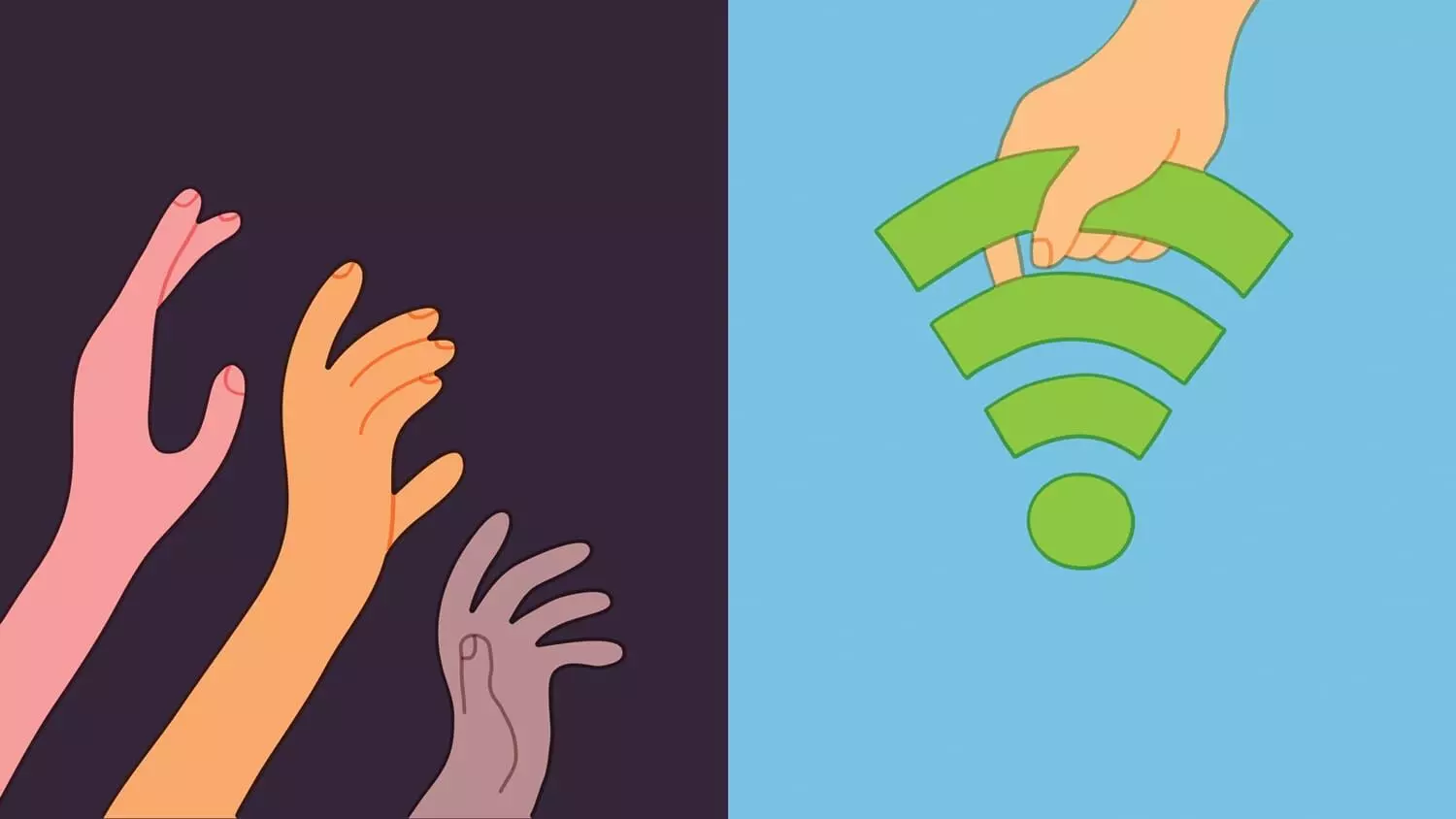Deepening digital divide: Internet 78% less affordable in Africa than in Asia
The study was based on data from the annual digital wellbeing index (DQL 2022) prepared by Surfshark. The internet divide study revealed that people from lower-income countries have to work three times more than higher-income countries for three times slower internet.
By Newsmeter Network
Hyderabad: The internet divide between the higher income countries and the lower income countries is widening across the globe, revealed Internet Divide Study, a study by Surfshark, a VPN service company based in the Netherlands. For instance, the study found that internet is 78% less affordable in Africa as compared to Asia.
The study was based on data from the annual digital wellbeing index (DQL 2022) prepared by Surfshark. The internet divide study revealed that people from lower-income countries have to work three times more than higher-income countries for three times slower internet.
In many of these countries, the internet is so slow that no video calls are possible. Such internet inequality, combined with today's inflation rates and political uncertainties, is taking people from lower-income countries on a downward spiral of economic hardship, observed the study.
Africa experiences the sharpest internet divide with just 55% of the population having access to the internet. Even those with access experience deep inequalities in internet speed and affordability. On the other hand, 77% of the population has access to the internet. The study said, "As of 2022, the internet in Africa is 78% less affordable than in Asia and 83% less affordable than in Oceania (the region with the most affordable internet)."
According to Surfshark's lead researcher Agneska Sablovskaja, "People who can't access the internet are cut off from the digital opportunities that people from higher-income countries have. Without internet access, people can't study or work online, and they can't grow their economy with digital exports."
Sablovskaja further said, "The internet is also very slow in lower-income countries. Even if people from these countries can afford the internet, they still face limitations in what they can do. For instance, internet speeds in lower-income countries make it very difficult to make video calls."
Mobile data/mobile internet
The study also found disparity in the availability of mobile data between higher-income and lower-income countries. People from lower-income countries have to work approximately 11 minutes more than higher-income countries to afford 1GB of mobile internet with a speed of 49 mbps slower. Lower-income countries work 17 minutes for 1GB of mobile internet with a speed of 26 mbps. Higher-income countries work 6 minutes for 1 GB of mobile internet with a speed of 75 mbps.
Broadband internet divide
The situation with broadband internet is no better. Lower-income countries work 8 hours more than higher-income countries to afford a fixed broadband plan with a speed of 83 mbps. Lower-income countries work 12 hours for broadband internet with 34.4 mbps speed. Higher-income countries work 4 hours for broadband internet with 117.8 mbps speed.
In higher-income countries, broadband internet tends to be much faster than mobile. But in lower-income countries, broadband internet is just 34 mbps on average, that is barely any faster than mobile.
The lowest-income countries in the DQL index are Ethiopia (115th in DQL) and Mali (102nd in DQL) who fall in the income group that experiences the sharpest internet divide. People from these countries work 51 minutes (which is 14 times more than the highest-income countries) for mobile internet with a speed of 68 mbps. Broadband internet in these lowest-income countries is just 19 mbps on average but is 8 times less affordable. The difficult political climates in these countries make internet access especially important. Without it, the world is left in the dark about the issues in these countries.